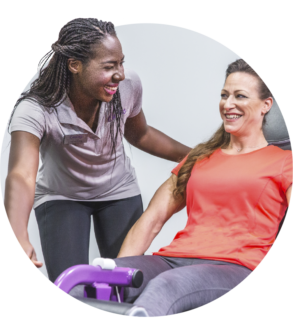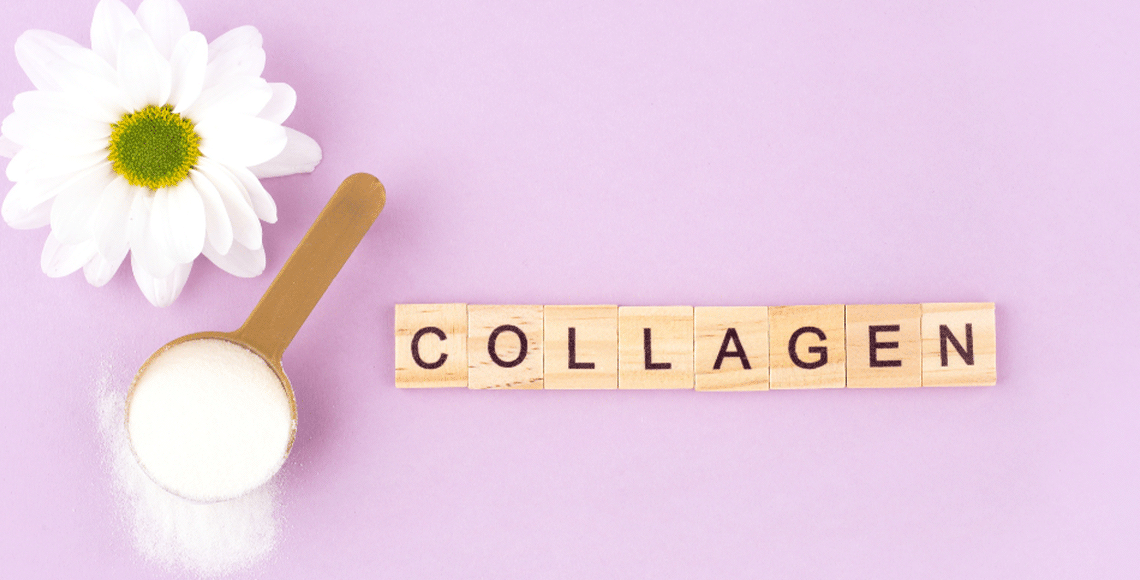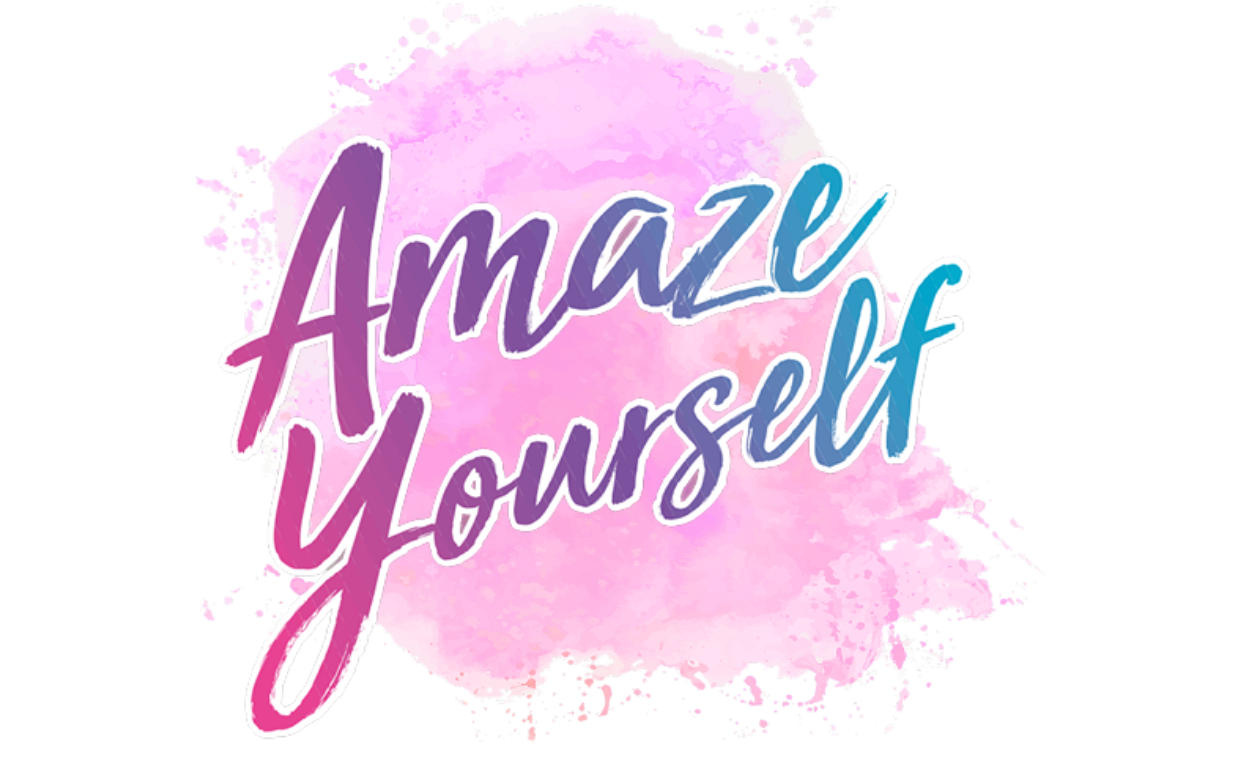Collagen Benefits – What It Is & What It Can Do for You
No woman is immune to aging. As we get older, we all start to notice differences in our skin. One of the biggest contributors to aging skin is the loss of a protein called collagen. As we gain in years, we naturally start to lose collagen, which is a big reason why skin starts to wrinkle and sag.1
Because collagen loss is such a major cause of skin aging, stimulating collagen production is a good way to help skin look younger. To get more collagen, we can take supplements, use it topically, or eat collagen-rich foods. Another way to boost collagen and reap collagen benefits is with a full-body exercise routine like the Curves Circuit.
What is collagen?
The word collagen is from the word kolla, which is Greek for “glue.” Collagen is an important component in skin, bones, muscles, tendons, and ligaments. As its name suggests, collagen helps cells stick together, which gives skin elasticity and strength. One of the most noteworthy collagen benefits for women is its power to make skin appear younger.
Because of the youth-promoting collagen benefits, the protein has been long used as an injectable filler to diminish wrinkles and plump lips. 2 You can’t absorb collagen in its whole form, so supplements contain smaller pieces of collagen called hydrolyzed collagen or collagen peptides. 3
How to get collagen benefits
In addition to promoting healthy, younger-looking skin, collagen can:
- improve joint pain and help prevent osteoarthritis
- prevent bone loss
- boost muscle mass
- promote heart health
- improve the strength of hair and nails 4
To reap these benefits, you can take collagen supplements in the form of powders or pills, or you can eat collagen-boosting foods. These foods include bone broth, chicken skin, pork skin, beef, and fish. Vitamin C is important for collagen synthesis, so eating foods high in vitamin C—citrus fruits, bell peppers, and broccoli—can help increase collagen, too.
Research shows that taking collagen supplements may be more effective for getting collagen benefits than eating collagen-rich foods.5 The research is limited, but the few studies that have been done show that taking collagen peptides can improve skin elasticity and hydration and also help reduce joint pain. 6
In addition to eating foods and taking collagen supplements, you can boost collagen production by regularly engaging in a full-body workout like the one at Curves. 7
Exercise works to boost collagen levels by helping to deliver nutrients like oxygen and vitamins to your skin cells. These nutrients help support the fibroblast cells in your skin that make collagen. Physical activity also lowers stress, and emotional stress has been shown to break down collagen. And exercise in the form of strength training releases human growth hormone from the pituitary gland in your brain. Growth hormone stimulates collagen-forming fibroblast cells, which leads to higher levels of collagen. 8
Are there any collagen side effects?
Because they are supplements, collagen peptides are not regulated by the United States Food and Drug Administration (FDA). However, they appear to be safe in maximum doses of 10 grams for durations of up to five months. Collagen supplements rarely produce side effects. 9
To further boost collagen production, consistent strength training exercise is the key. Along with boosting collagen production, exercise improves blood flow and stimulates human growth hormone, both of which can contribute to a younger and more youthful appearance. This is yet another reason to participate in a fitness program for women, like the Curves Circuit, where you’ll benefit from a proven exercise program, a lively and positive atmosphere, and the expert guidance of your Curves Coach! Find a Curves womens’ gym near you and start working toward achieving your health, fitness and wellness goals.
Sources:
- Can Collagen Supplements Really Reduce Signs of Aging? (nyp.org)
- Can Collagen Supplements Really Reduce Signs of Aging? (nyp.org)
- Collagen: What it is, Types, Function & Benefits (clevelandclinic.org)
- Health Benefits of Collagen: Pros, Cons, and More (healthline.com)
- Health Benefits of Collagen: Pros, Cons, and More (healthline.com)
- Collagen: What it is, Types, Function & Benefits (clevelandclinic.org)
- Can Working Out Double as a Face Lift? (womenshealthmag.com)
- Can Exercise Boost Collagen Production? – Kirby Plastic Surgery
- COLLAGEN PEPTIDES: Overview, Uses, Side Effects, Precautions, Interactions, Dosing and Reviews (webmd.com)







